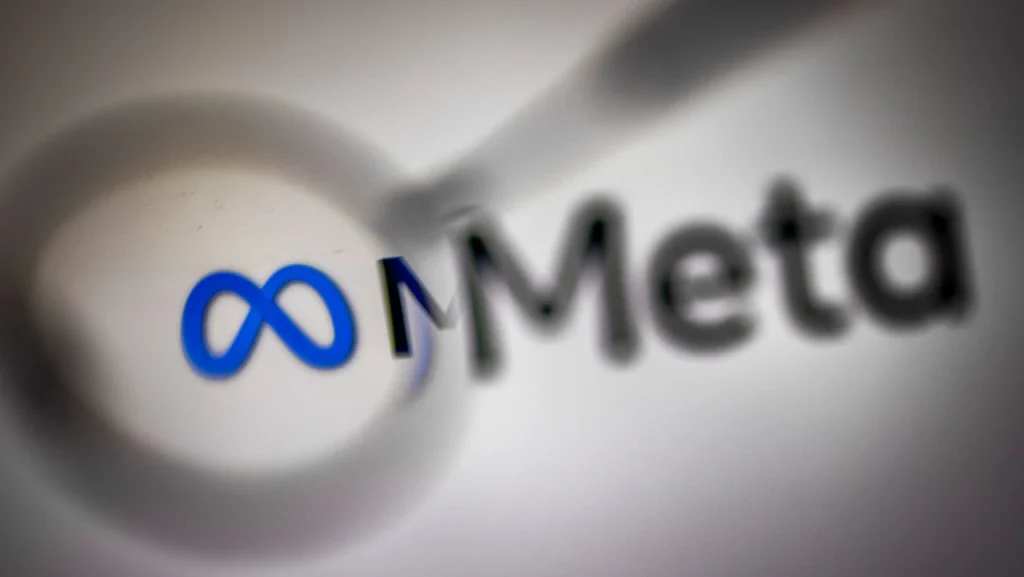
In a new legal filing, Meta is being accused of shutting down internal research that showed people who stopped using Facebook experienced less depression, anxiety, and loneliness. The allegations come as part of a lawsuit filed by several U.S. school districts against Meta, Snap, TikTok, and other social media companies.
The brief, which was filed in the U.S. District Court for the Northern District of California but is not yet public, reportedly claims the study, called Project Mercury, was initiated in 2019 and was meant to explore the impact of apps on polarization, news-consumption habits, “well-being, and daily social interactions.”
Plaintiffs in the suit say social media companies were aware that these platforms had a negative impact on the mental health of children and young adults but did not act to prevent it. The suit also alleges they misled authorities about this harm.
“We strongly disagree with these allegations, which rely on cherry-picked quotes and misinformed opinions in an attempt to present a deliberately misleading picture,” Meta tells Fast Company in a statement. “The full record will show that for over a decade, we have listened to parents, researched issues that matter most, and made real changes to protect teens—like introducing Teen Accounts with built-in protections and providing parents with controls to manage their teens’ experiences.”
Andy Stone, Meta’s communications director, downplayed the study in a social media post.
“What it found was people who believed using Facebook was bad for them felt better when they stopped using it,” he wrote in a thread on Bluesky. “This is a confirmation of other public research (‘deactivation studies’) out there that demonstrates the same effect. It makes intuitive sense but it doesn’t show anything about the actual effect of using the platform.”
While the company’s research showed “people who stopped using Facebook for a week reported lower feelings of depression, anxiety, loneliness, and social comparison,” Meta chose not to publish those findings and shut down work on the project, Reuters reports.
“The company never publicly disclosed the results of its deactivation study,” the suit reads. “Instead, Meta lied to Congress about what it knew.”
Stone, in his social media thread, implied the study was flawed and the company’s disappointment wasn’t with the results, but in its apparent failure to overcome “‘expectation effects,’ the idea that beliefs and expectations influence perception.”
The filing, though, shows that some staffers rejected Meta’s belief that the findings were influenced by the “existing media narrative” around the company, with one allegedly saying that burying the research was no different than the tobacco industry “doing research and knowing cigs were bad and then keeping that info to themselves.”
Meta has filed a motion to strike the documents at the heart of the Project Mercury allegations. The judge overseeing the case has set a hearing date for those arguments on January 26.
Meta has been accused of ignoring similar research in the past.
Two years ago, the company was sued by 41 states and the District of Columbia, who accused it of harming young people’s mental health. The collective attorneys general alleged the company had knowingly designed features on Instagram and Facebook that addict children to its platforms and violated the federal Children’s Online Privacy Protection Act (COPPA).
In 2022, up to 95% of children ages 13 to 17 in the U.S. reported using a social media platform, with more than a third saying they use social media “almost constantly,” according to the Pew Research Center. To comply with federal regulation, social media companies generally prohibit kids under 13 from signing up to their platforms. Children have easily found ways around those bans, however. That has led some countries, including Australia and Denmark, to ban anyone under 16 from having social media accounts.

